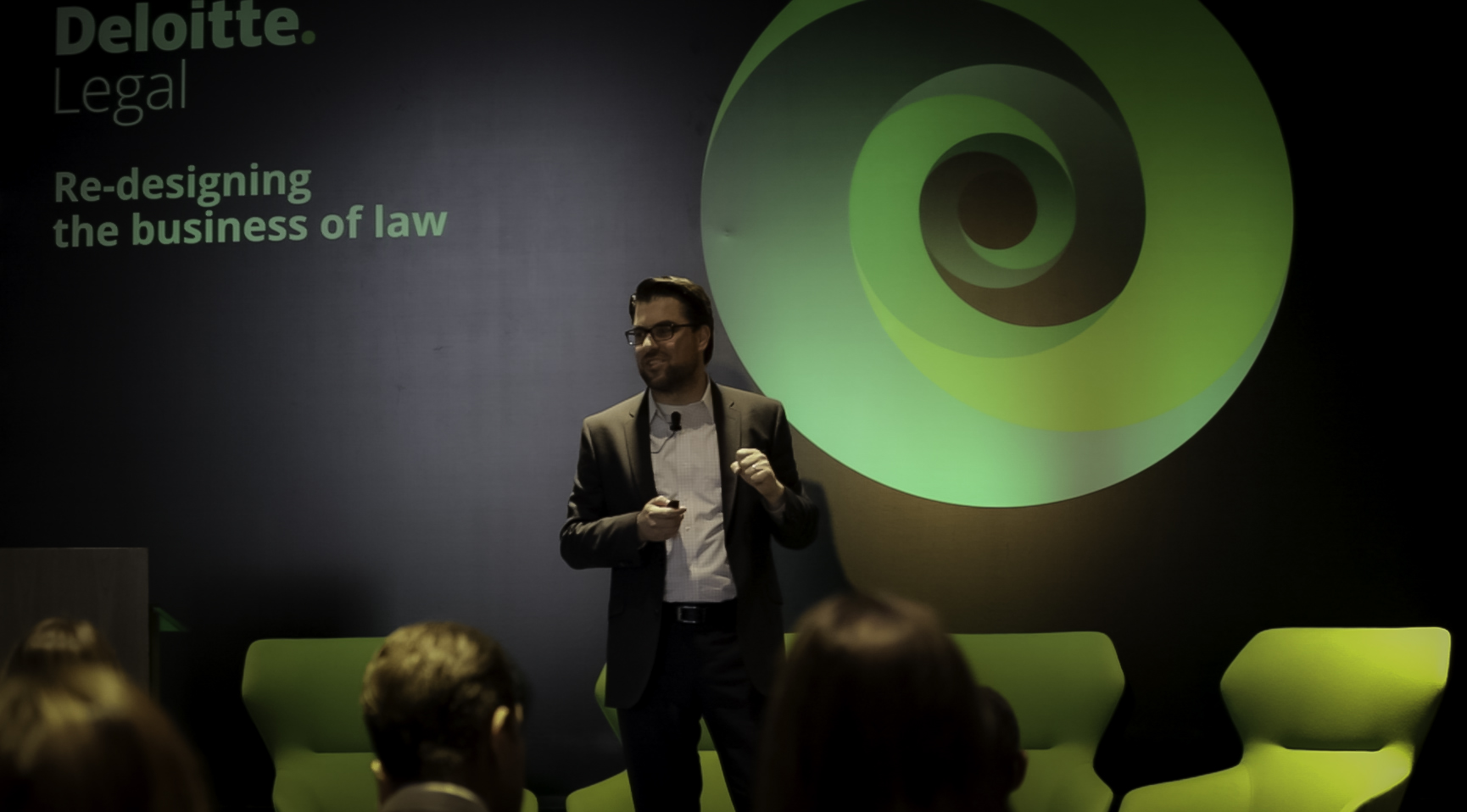Professor Katz is a scientist, technologist and professor who applies an innovative polytechnic approach to teaching law - to help create lawyers for today's biggest societal challenges. Both his scholarship and teaching integrate science, technology, engineering, and mathematics.
Professor Katz's forward-thinking ideas helped to earn him acknowledgement among the Fastcase 50, an award which "recognizes 50 of the smartest, most courageous innovators, techies, visionaries, and leaders in the law." He was also named to the American Bar Association Journal's "Legal Rebels," a prestigious group of change leaders in the legal profession.
Professor Katz teaches Practice & Professionalism, E-Discovery, Legal Analytics, Blockchain + Cryptocurrency & Law, Introduction to Legal Technology & Innovation, Legal Project Management + Legal Process Improvement and Civil Procedure at Illinois Tech Chicago-Kent Law and spearheads new initiatives to teach law students how to leverage technology and entrepreneurship in their future legal careers. He joined Illinois Tech Chicago-Kent Law in 2015 from Michigan State University College of Law, where he co-founded the ReInvent Law Laboratory, an innovative multi-disciplinary center that focused on the intersection of entrepreneurship, informatics, programming and design thinking to better understand, analyze and design the law.
Professor Katz has published or forthcoming work in a wide variety of academic outlets, including Science, Philosophical Transactions of the Royal Society A, Plos One, Scientific Reports, Journal of the Royal Society Interface, Journal of Statistical Physics, Frontiers in Physics, Physica A, Proceedings of the ACL and Artificial Intelligence & Law. In addition, his work has been published in legal journals including Cornell Journal of Law & Public Policy, Emory Law Journal, Virginia Tax Review, Iowa Law Review, Illinois Law Review, Ohio State Law Journal, Journal of Law & Politics, and Journal of Legal Education. Professor Katz is currently working on two book projects including an edited volume entitled Legal Informatics (Cambridge University Press - 2021) and a book on technology + innovation in law. Professor Katz has an Erdős Number = 4.
His work has been highlighted in a number of media outlets, including the New York Times, The Wall Street Journal, Financial Times, BBC Radio, Wired, Vox, National Public Radio, Slate Magazine, Huffington Post, 538, Bloomberg Businessweek, ABA Journal, Law Technology News and The American Lawyer.
Professor Katz is an external affiliated faculty at CodeX—The Stanford Center for Legal Informatics. In addition to teaching and researching, Professor Katz serves as an editor of the International Journal of Law and Information Technology (Oxford University Press) and as a member of the Editorial Board of the Journal of Artificial Intelligence & Law (Springer Scientific).
Professor Katz is actively involved in the rapidly growing legal technology industry. He recently co-founded 273 Ventures - a legal AI company who is building the next generation Kelvin Legal Data Operating System. Previously, he was the Co-Founder & Chief Strategy Officer of LexPredict (a legal technology and analytics company that was acquired by Elevate in 2018). He also serves as a formal and informal advisor to a number of legal tech startups. In addition, he previously served on the advisory board of NextLaw Labs - a global collaborative innovation ecosystem organized with Dentons (the world’s largest law firm).
Professor Katz received his Ph.D. in political science and public policy with a focus on complex adaptive systems from the University of Michigan. He graduated with a Juris Doctor cum laude from the University of Michigan Law School and simultaneously obtained a Master of Public Policy from the Gerald R. Ford School of Public Policy at the University of Michigan. During his graduate studies, he was a fellow in Empirical Legal Studies at the University of Michigan Law School and a National Science Foundation IGERT fellow at the University of Michigan Center for the Study of Complex Systems.



